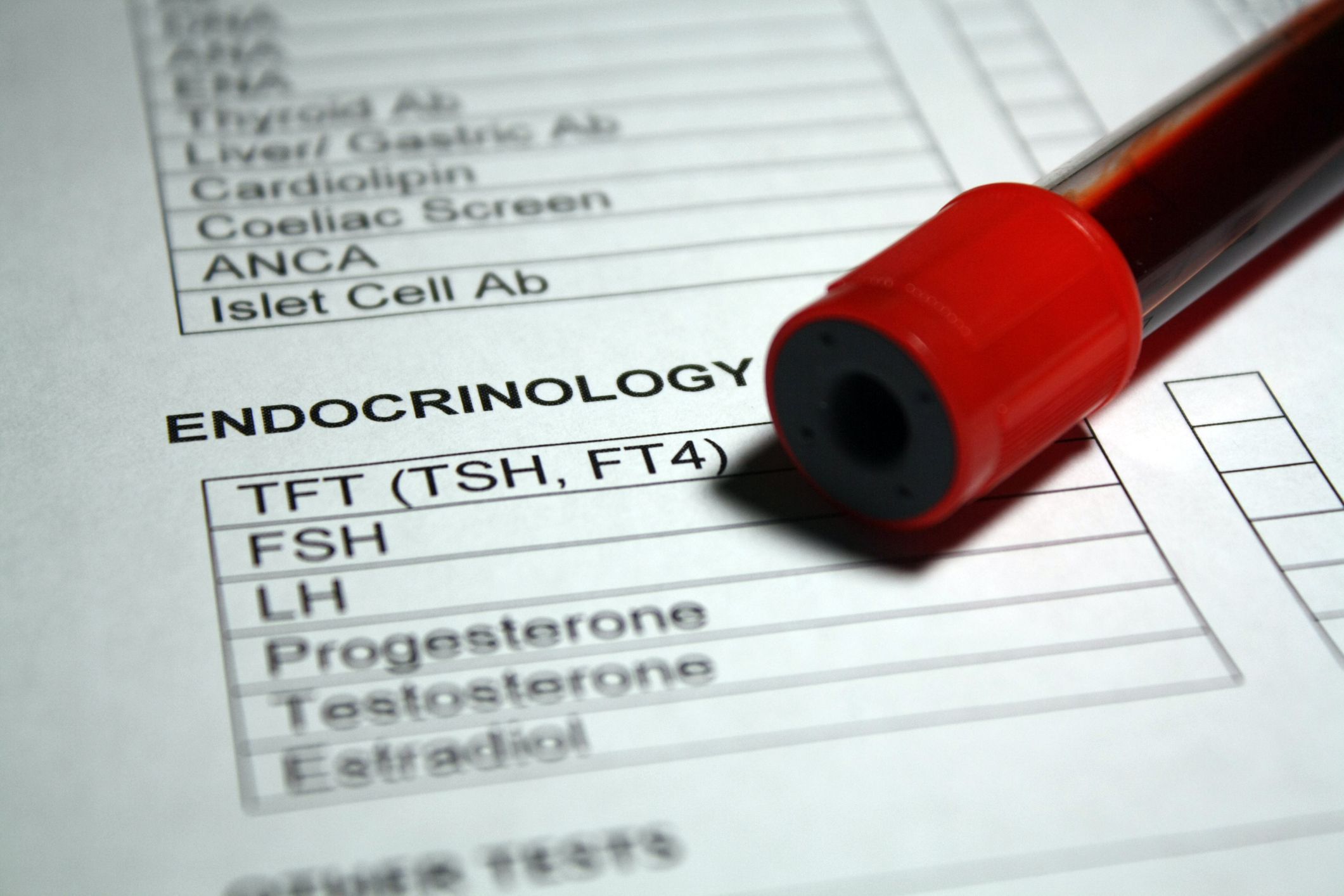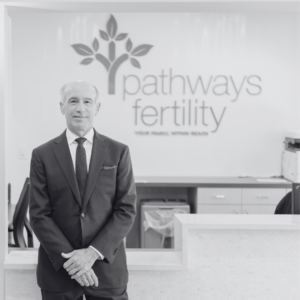FSH levels can predict your prognosis for pregnancy.
“My FSH is 18. Is it the end? Am I about to go into menopause?”
“My doctor says I have advanced ovarian aging for my actual age.”
“Will my elevated FSH cause hot flashes next week?”
“Can I ever have a baby?”
These questions may arise in the course of evaluation of some women who are trying to conceive.
What should my FSH be?
The level of follicle stimulating hormone (FSH) in the blood is below 8 in many young fertile women, and may be 10 miu during the menses. Later in the month it rises dramatically. This is why the test is done on day 2-4 of the cycle.
Since FSH is the main pituitary hormone responsible for development of the egg in the ovary, if the ovaries are losing follicles due to age, auto immune causes, or surgery, the FSH levels will rise. Mildly elevated levels such as 10-15 miu can be warning signs of diminished ovarian reserve. Over 20 may be a severe indicator of advanced ovarian aging.
Due to a complex feedback mechanism, the FSH levels rise to 30 or more in menopause.
Normal FSH ideally is under 10 miu/ml. The range of variations then is rather narrow. Levels of FSH over 20 can be an indicator of extremely low prognosis for spontaneous pregnancy or for various infertility treatments like insemination or IVF. Think of the range of values from 10, which is normal, and a blue sky, to 18 -20 as a very dark cloud. In between are varying shades of grey.
Especially if no other cause of fertility issues is apparent, testing of FSH levels has identified many women from age 21 to 41 who have elevated FSH levels.
No, these levels are not the gospel as they are moderate predictors of outcomes. In young women who have elevated FSH levels, the outcomes of IVF may be near normal. This is thanks to persisting egg quality even though the quantity of eggs may be lower.
You must remember that this is a very indirect way to measure the reserve of the ovary. The results depend on a complex feedback mechanism from ovary to brain to pituitary. It is not surprising that test results vary from month to month.
The highest level among a group of results tends to be the best predictor. A truly fertile ovary never allows the basal FSH level to creep upward.
In regards to the question at the beginning about menopause, FSH of 18 is not premenopausal. While younger women with high FSH levels will notice menopause earlier than the average age of 52, the FSH itself does not cause hot flashes directly.
Estradiol
Another component of the testing on day 2-4 is the estradiol or E2. Again for complex reasons, the estrogen level is usually low, below 75 pg/ml. High levels may occur. So the elevated estrogen is a warning that the ovarian reserve is decreased, even though the FSH may be normal.
However this is just an indicator and not a brick wall. Many patients with persistence have conceived using properly selected clinical management.
Ovarian stimulation, the true test
Once ovarian stimulation has been done, the FSH test is of secondary importance. How may follicles developed? That is infinitely better as a predictor for the future than the FSH test.
Natural IVF & Mini Stim IVF can be a great answer for low responders
Consider the elevated FSH as a warning sign. We use it to guide treatment for a low responder protocol like with Natural IVF or Mini Stim IVF.
Many women with elevated FSH have had excellent success with Natural IVF and Mini IVF. For more information about these treatments, you may contact us here.






